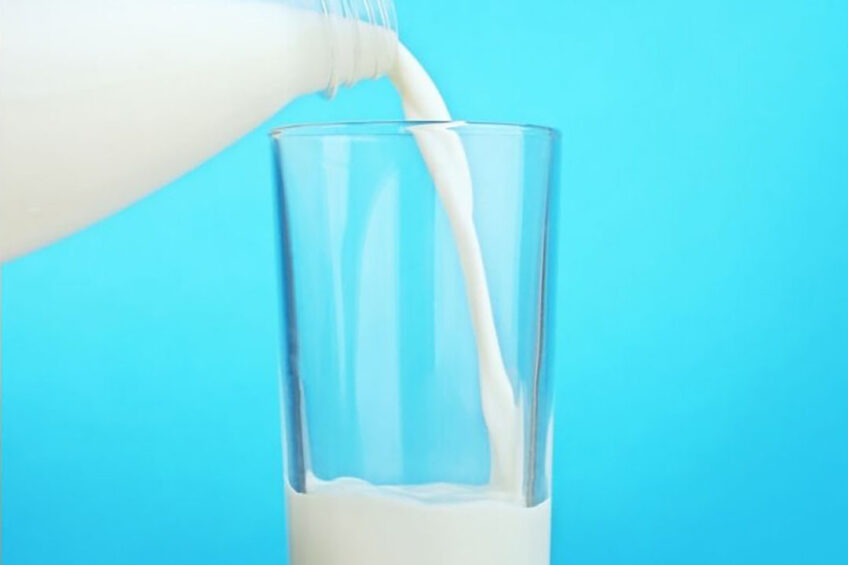A glance at Brazil’s dairy sector

In Brazil, revenue in the milk segment amounted to US$3.88 billion in 2022, but the market is expected to grow annually by 2.60% between 2023 and 2027. Technology has incentivised productivity with Brazil starting to supply higher volumes to foreign markets.
The rise of long-life milk has transformed the fresh milk industry, according to Almir Jose Meireles, past president of the Brazilian Long Life Milk Association. Consumers now buy 12-litre packs and store them, versus buying fresh milk every day. This has also expanded the geographical distribution of liquid milk in Brazil, as there are many areas that do not have refrigeration.
Remote shops can now offer milk to consumers, contributing to the expansion in production as milk producers no longer need to restrict themselves to the local market. Although an increase to 29.3 million head (dairy cows) is forecasted for 2023, with productivity per animal at 4.4 litres/day, it is still quite low compared to other countries.
The country imports powdered milk, butter, and cheese, which represent 3.5% of domestic consumption. In 2021, Brazil imported US$149 million of whey, milk albumin, and casein products. The United States had a combined market share of 20% among the 3 products, amounting to US$30 million. While the US maintained significant market share in both whey and milk albumin, Argentina is the leading supplier to Brazil in both whey (47%) and milk albumin (38%). Casein, a primary ingredient in baby formula, is currently the best performing retail category in 2022, with retail value sales rising by 14% following the return of mothers to the post-pandemic workplace.
Major dairy firm
French dairy firm, Lactalis, has acquired the joint-venture assets in Brazil owned by Fonterra and Nestlé. Lactalis, which already has a presence in the South American country, has struck a deal for Dairy Partners Americas (DPA) for US$131.5 million. Fonterra holds a 51% stake in the venture, set up in 2003, and Nestlé owns 49%. The transaction is expected to close by mid-2023, subject to approval from Brazil’s competition authority, the Administrative Council for Economic Defence.
Sources:
Global Agricultural Information Network (GAIN)
Foreign Agricultural Service (FAS)/Brazil; Dairy Industries






